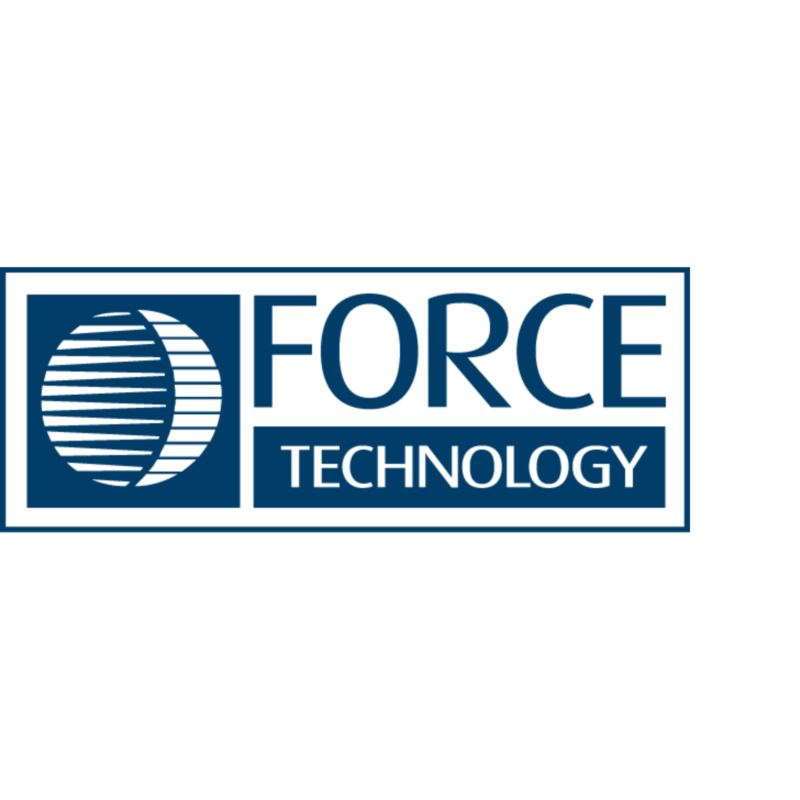They also link data policy to resilience, promising data-space-enabled supply chains and joint work on standards, AI, semiconductors, and quantum. Meanwhile, a Joint Working Group will tackle submarine cable security and connectivity – a practical precondition for reliable data sharing.
Where data spaces stand today
Both sides already run sector data spaces in mobility, manufacturing, and health. The statement signals the next step: interoperability between European and Japanese ecosystems. Therefore, expect alignment on access controls, usage policies, and provenance, so organizations can share data while staying compliant.
The Institutional Arrangement for Partnership at the OECD will support common methods and guardrails. Progress will be reviewed at the 2026 Digital Partnership Council and reported at the next Summit, which keeps momentum visible.
What the private sector asks for – and why it matters
A companion G7-oriented paper from industry and research teams sharpens the roadmap. It calls for: a common privacy and data protection framework; data literacy at every level; stronger cybersecurity; data portability; and rigorous interoperability of data products, including structures, formats, taxonomies, usage restrictions, and license terms. It also urges transparent data handling, respect for national sovereignty, and a standard system for “data usage rights.”
Crucially, it highlights neutral data intermediation services that help parties exchange data while users keep control. Finally, it proposes a standing multistakeholder discussion body across industry, government, and academia to translate DFFT into running code and policy.
Technical alignment
Near term, watch for adequacy expansion, the credentials pilot, and technical alignment on data-space interfaces. Companies should prepare catalogs that clearly describe datasets, policies, and licenses, and should test portability and consent flows across EU-Japan borders. Medium term, the EU–Japan Competitiveness Alliance will extend cooperation on standards, circular economy data, and industrial supply chains – with business forums like the BRT and the EU-Japan Centre helping implement.
Longer term, coordinated positions in OECD and G7 forums can turn DFFT into consistent global practice. If the discussion body forms and industry keeps piloting, data spaces will shift from bilateral bridges to a trusted, scalable network serving research, trade, and public services.









